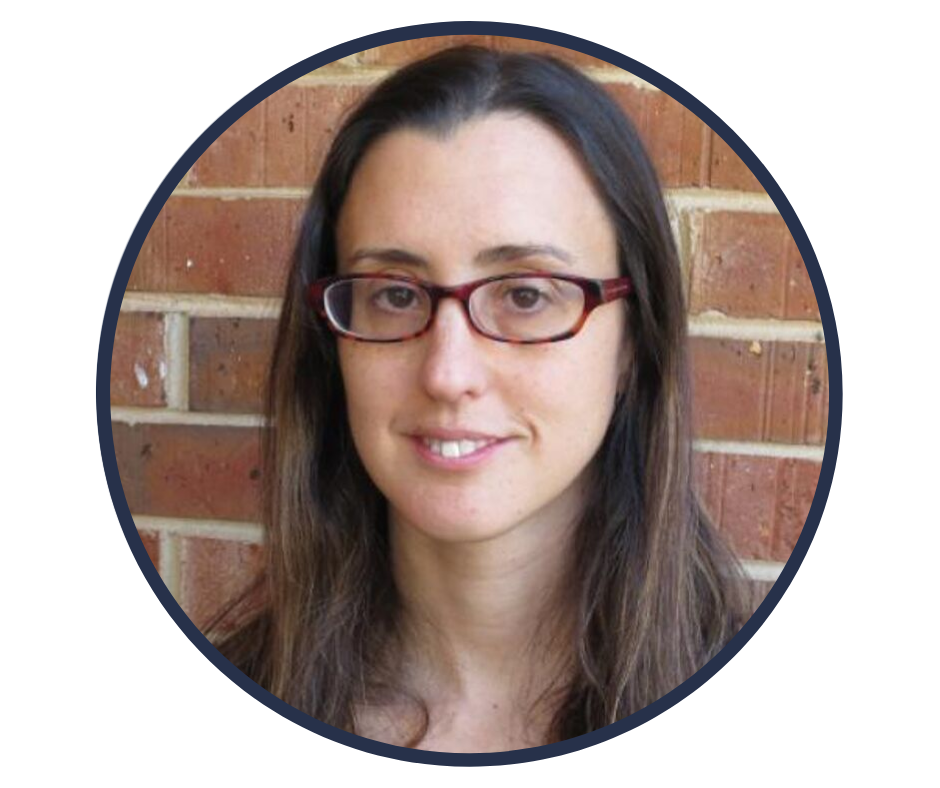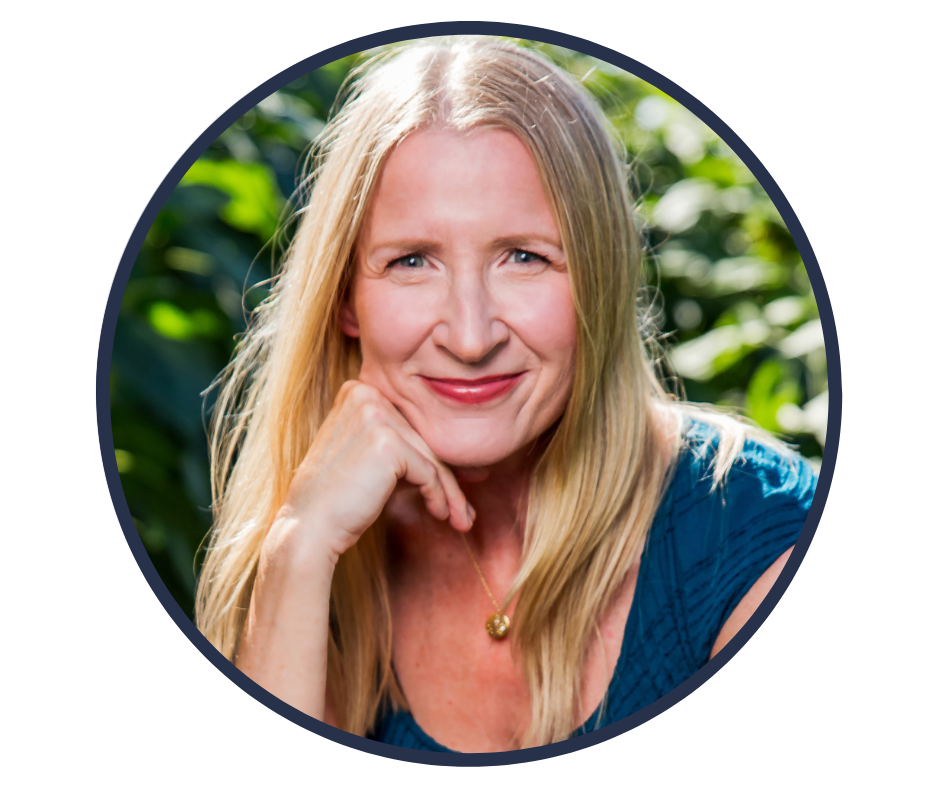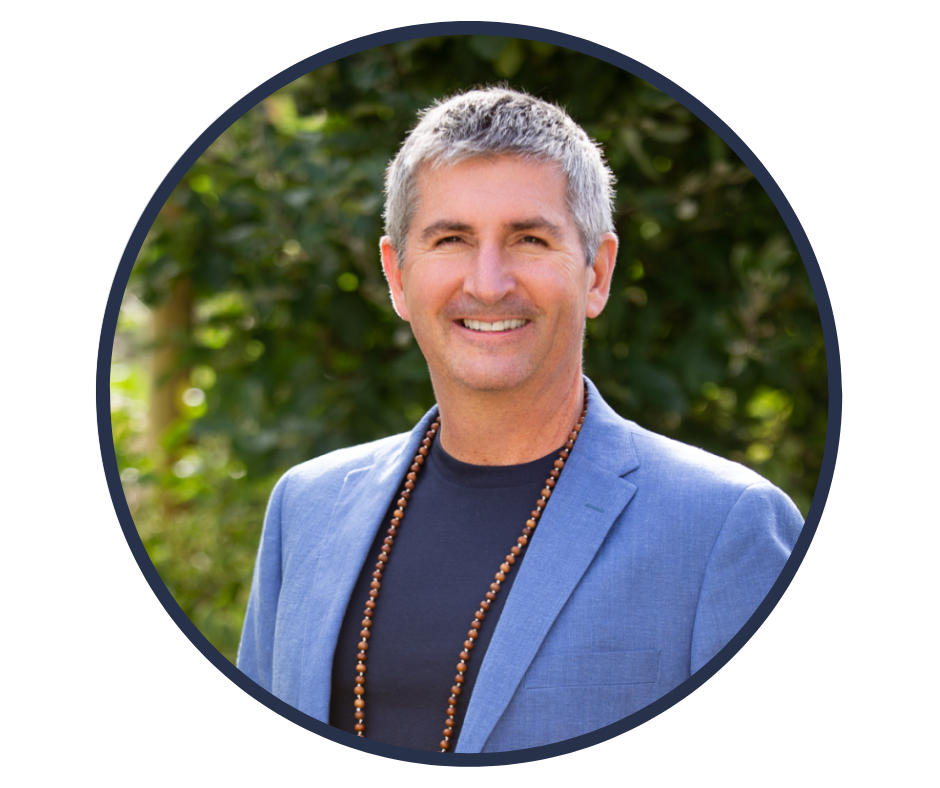Why Your Patients Need Yoga Therapy! The Top Yoga and Pain Science Resources for Healthcare Practitioners and Yoga Therapists
By: Nataliya Zlotnikov, MSc, HBSc
By: Nataliya Zlotnikov, MSc, HBSc
What is Yoga Therapy
Before we provide you with some of our stupendous yoga resources, for those of you who don't know or would like a refresher, let us first briefly discuss yoga and yoga therapy. For those of you who are overwhelmingly familiar with this subject matter, feel free to skip ahead and peruse the resources. 
Image from Shelly Prosko, MedTalks 2020
Why Use Yoga for Therapy?
Do you already incorporate yoga in your rehabilitative healthcare practice? If you do not yet, have a listen to physiotherapist and yoga therapist Marlysa Sullivan briefly discuss how yoga can help your pain patients.
Marlysa Sullivan Discusses the Importance of Yoga for Pain
To learn more from the co-editors/co-authors of Yoga and Science in Pain Care, Marlysa Sullivan, Shelly Prosko and Neil Pearson join us in this Expert Series online healthcare course, Yoga and Science in Pain Care.
In this course, they discuss some of the key concepts presented in their book, speak about how the book can be used to assist those living in pain, and answer audience questions related to pain, the lived experience of pain, and yoga therapy as part of evidence-based pain care.
These three physios and yoga therapists also shared their top yoga and pain science resources for physiotherapists, yoga therapists, and healthcare professionals. We have included those resources below for your viewing and using pleasures. Check out the complete course by clicking on the button below.
Click Here for the Full Course
Topics Included in This Online Healthcare Course Include
- Are there certain patients or conditions that seem to benefit most from the addition of yoga therapy?
- Does adding yoga therapy to physiotherapy improve physiotherapy care?
- Should yoga therapists learn ‘Western’ pain care such as physiotherapy?
- What the authors learned about caring for and the assessment of people in pain during the process of writing this book.
- What’s a key technique or concept that the authors wish everyone knew and used?
So What Does the Research Say?
Current scientific evidence supports yoga for rehabilitative practices and demonstrates significant improvements in pain, disability, mood and quality of life (QOL) and appears safe. However, there is limited evidence for which practices are most effective, what is the proper dosage, as well as the underlying mechanisms (Shelly Prosko, MedTalks 2020).
Although underlying mechanisms are still not concrete, a potential underlying mechanism of these effects is proposed to include the stimulation of pressure receptors leading to enhanced vagal activity and reduced cortisol. The reduced cortisol levels may contribute to things such as enhanced immune function and a lower prematurity rate (Physiopedia, 2020).
Benefits of Yoga Therapy
Here are just a few of the benefits of yoga and yoga therapy (Woodyard, 2011):
- Reduce stress
- Reduce anxiety
- Reduce depression
- Reduce chronic pain
- Improve sleep patterns
- Enhance overall well-being
- Enhance overall quality of life
- Enhance muscular strength and flexibility
- Promote recovery from and treatment of addiction
- Promote and improve respiratory and cardiovascular function
If you would like to learn more about the benefits of Yoga, check out this blog by Shelly Prosko, Yoga: A Pelvic Health Solution, in which Shelly discusses how yoga can be used to enhance pelvic floor health.
Now, Let's Take It Back to India
Let's take a quick moment to pay our respects to the origins of the practice.
Yoga originated thousands of years ago in India as a physical, mental, and spiritual practice based on ancient Vedic philosophy and is connected to Ayurveda, the system of traditional Indian medicine.
During the 20th century, yoga became increasingly popular outside of India and has continued to gain momentum worldwide over the past few decades.
While modern yoga has been viewed as an exercise form in the West, it continues to incorporate one or more of the mental or spiritual elements that are integral to traditional yoga such as relaxation, concentration, or meditation. Due to this, it is considered a mind-body exercise (Physiopedia, 2020).
Top 9 Resources From the Course
- Yoga and Science in Pain Care: Shelly Prosko, Marlysa Sullivan and Neil Pearson's book, Yoga and Science in Pain Care. The book takes an integrated approach to pain rehabilitation and combines pain science, rehabilitation and yoga with evidence-based approaches from respected contributors. They demonstrate how to integrate the concepts, philosophies and practices of yoga and pain science in working with pain clients.
- Facebook Group for Healthcare Professionals Integrating Yoga: Bridgebuilders to Awareness in Healthcare. This group is for healthcare and rehab professionals interested in sharing ideas on how to deliver holistic healthcare and how to foster awareness of creating relationships and healing with our patients and clients through yoga.
- Facebook Community: Yoga Therapy Continuing Education for Health Care Professionals. This group is for health care professionals that have wanted to start or continue their education in yoga therapy Techniques.
- Neil Pearson's First Five Steps for Chronic Pain: The First Five Steps by Neil Pearson. Self-care resources designed by a Canadian leader in pain management that support people living with chronic pain.
- Yoga Therapy Health: Marlysa Sullivan is starting an online certification for healthcare professionals to integrate yoga tools into their practice. The certification consists of four courses in total. If you are interested, please email Marlysa at msullivan1@muih.edu.
- Yoga and Polyvagal Theory Research: Marlysa Sullivan’s open-access paper on Yoga and Polyvagal Theory.
- Yoga Therapy Schools of Interest: Embodied Yoga Therapy in Ottawa, Yoga Therapy International in Vancouver, and Inner Peace Yoga Therapy in Colorado.
- Oncology Yoga: Yoga4cancer (y4c). To help cancer patients and survivors manage treatment side effects and cancer recovery through a unique oncology yoga-based method.
- PhysioYoga with Shelly Prosko: PhysioYoga with Shelly Prosko. Shelly is a physiotherapist, yoga therapist, educator and pioneer of PhysioYoga with over 20 years of experience integrating yoga into rehabilitation with a focus on helping people suffering from chronic or persistent pain, pelvic health conditions and professional burnout.
Suggested Courses and Conferences
In this online physiotherapy course, the instructors also discussed conferences and courses for those interested in pursuing yoga teacher training, enhancing their knowledge of yoga, or exploring the integration of yoga into their existing physiotherapy practice. Some of these are listed below.
- International Association of Yoga Therapists (IAYT): On IAYT you can find information about yoga therapy programs as well as the Symposium on Yoga Therapy and Research (SYTAR).
- Montreal International Symposium on Therapeutic Yoga (MISTY): (MISTY) is a weekend symposium offering specialized sessions by international-based presenters with a medical background who integrate yoga therapeutics in their practice.
- Global Consortium on Yoga Therapy: Global Consortium on Yoga Therapy is currently a network of yoga therapy organizations and professionals from around the world. The mission of the Global Consortium on Yoga Therapy is to be a platform for yoga therapy organizations and experts to cooperate and collaborate to advance the rapidly developing field of yoga therapy.
- Neil Pearson on Embodia: Check out some of the great continuing education physiotherapy courses and yoga therapy courses taught by Neil Pearson and brought to you by Embodia.
- Shelly Prosko on Embodia: Check out some of the great continuing education physiotherapy courses and yoga therapy courses taught by Shelly Prosko and brought to you by Embodia.
Click Here for the Full Course
Let's End Things on the Toilet
I came across Shelly Prosko's toilet yoga video (which is available not only in English but in numerous other languages as well) and thought that it would be a great way to end today's blog!
Shelly's Toilet Meditation uses 6 components (A.I.R.B.A.G.) to assist mindfulness & presence during toileting. This is a valuable and healthy practice to make part of your daily pelvic health and awareness regime! Also, some of the comments below the video are just marvellous.
And now, without further ado, here is toilet meditation:
Toilet Meditation With Shelly Prosko
May your head, heart, bowels and body be healthy.
Namaste~

MPT, C-IAYT
Marlysa is a physiotherapist and yoga therapist with over 15 years of experience working with people suffering with chronic pain conditions. She is an Assistant Professor in Yoga Therapy and Integrative Health Sciences at Maryland University of Integrative Health and holds an adjunct position at Emory University, where she teaches the integration of yoga and mindfulness into physical therapy practice in the DPT program. She is also the author of Understanding Yoga Therapy: Applied Philosophy and Science for Well-being and co-editor of Yoga and Science in Pain Care: Treating the Person in Pain as well as several peer-reviewed articles.
Marlysa has been involved in the professionalization of the field of yoga therapy through the educational standards committee of IAYT, which helped to define the competencies for the field, and in characterizing the yoga therapy workforce through research. Her research interests focus on defining the framework and explanatory model for yoga therapy based on philosophical and neurophysiological perspectives.

PT, C-IAYT, PCAYT
Shelly has been helping people recover and flourish since 1998 as a physiotherapist, yoga therapist, educator, author and pioneer of PhysioYoga, blending evidence-informed body-mind-breath-spirit-heart centered practices and principles, such as yoga, into physiotherapy with a focus on chronic pain, pelvic health, compassion in healthcare and professional burnout. She is on faculty at several therapy programs, presents at medical conferences globally, contributes to academic research and writing, provides classes, courses and resources for the general population, and offers continuing education courses and mentorship for professionals.
She considers herself a lifelong student and emphasizes the immense value gained from clinical experience and learning from those she serves, the professionals she teaches, and the colleagues with which she collaborates.
Shelly is the co-editor/author of the book Yoga and Science in Pain Care: Treating the Person in Pain and has authored numerous book chapters in a variety of rehabilitation textbooks.
She maintains a clinical practice in Sylvan Lake, Alberta and believes compassion (including self-compassion), meaningful connections, spending time in nature and sharing joy are powerful contributors to rehab and well-being.
Visit www.PhysioYoga.ca to learn more.

PT, MSc(RHBS), BA-BPHE, C-IAYT, ERYT500
Neil is a physical therapist, yoga therapist, author, researcher, Clinical Associate Professor at the University of British Columbia, faculty in three IAYT-accredited yoga therapy programs, board member for the International Association of Yoga Therapists and pain care advocate. He conducts research into the effects of yoga on veterans with chronic pain and people with osteoarthritis. Neil is the recipient of awards honouring his work in pain care, patient education and physiotherapy by Queen’s University, the Canadian Pain Society and both provincial and national physiotherapy associations, including the Canadian 2021 Medal of Distinction.
Neil is a consultant to Partners in Canadian Veterans Rehabilitation Services, and to Lifemark’s 300+ clinics in Canada. Neil is a past board member for Pain BC, Canada’s premier non-profit transforming the way pain is understood and treated. He co-authored – Yoga and Science in Pain Care 2019, authored the patient education ebook, Understand Pain Live Well Again in 2008, and is lead contributor to many free patient resources offer by Pain BC.
For more information and course offerings, see www.paincareaware.com